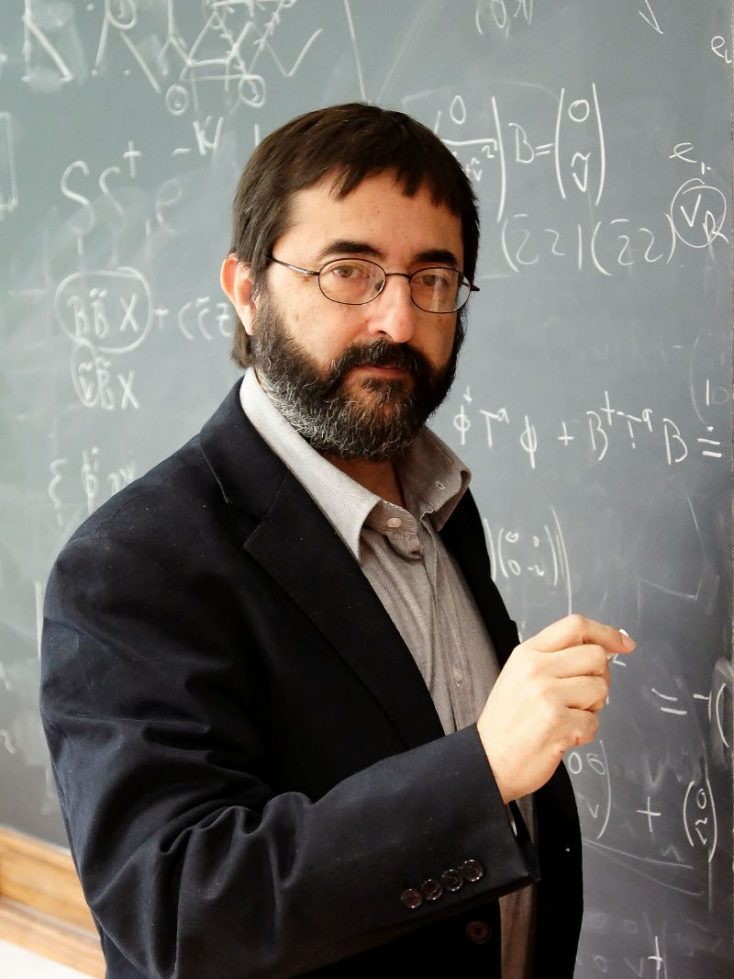The IFT Scientific Advisory Board oversees the implementation of the Severo Ochoa Programme, visiting the Institute and meeting regularly every three years to evaluate progress and discuss future actions. The SAB is composed of leading scientists in our field: Luis Álvarez-Gaumé (Simmons Center for Geometry and Physics), Alessandra Buonanno (Max Planck Institute for Gravitational Physics), Graciela Gelmini (UCLA), Luciano Maiani (U. Roma 1), Michelangelo Mangano (CERN) and Fernando Quevedo (DAMTP).
SAB
Prof. Luis Álvarez-Gaumé
Simons Center for Geometry and Physics, Stony BrookProfessor Álvarez-Gaumé is an internationally recognised authority in the fields of string theory, quantum field theory, particularly supersymmetric theories, and mathematical physics. His contributions have had a profound impact on the study of gauge and gravitational quantum anomalies through topological index theorems. His work covers a wide range of subjects, including string perturbation theory at higher orders, quantum field theories on Riemann surfaces, quantum groups, as well as dualities and black holes in string theory. From 2008 to 2015, he served as the Head of the CERN Theory group. Since 2016, he has been the Director of the Simons Center for Geometry and Physics.
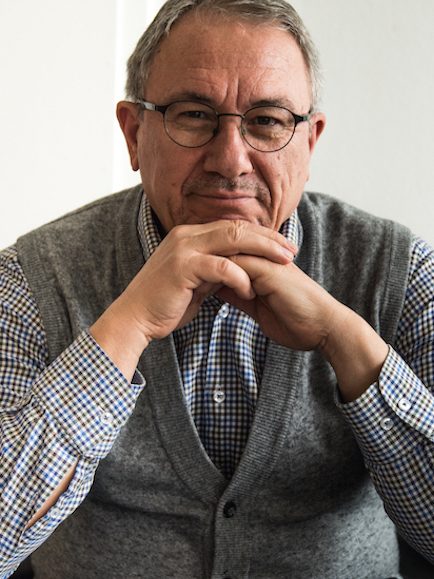
Prof. Alessandra Buonanno
Albert Einstein Institute, PotsdamProfessor Buonanno is renowned for her groundbreaking research in gravitational physics and for her prominent role in the initial detection of gravitational waves by the LIGO Scientific Collaboration. She is the director of the Max Planck Institute for Gravitational Physics (Albert Einstein Institute) in Potsdam and she also holds chairs at the University of Maryland and the Humboldt University in Berlin. She has been awarded several prestigious prizes, including the Dirac Medal (shared with T. Damour, F. Pretorius and S. Teukolsky), the Galileo Galilei Medal (shared with T. Damour and F. Pretorius), both in 2021, and the Oskar Klein Medal in 2023.
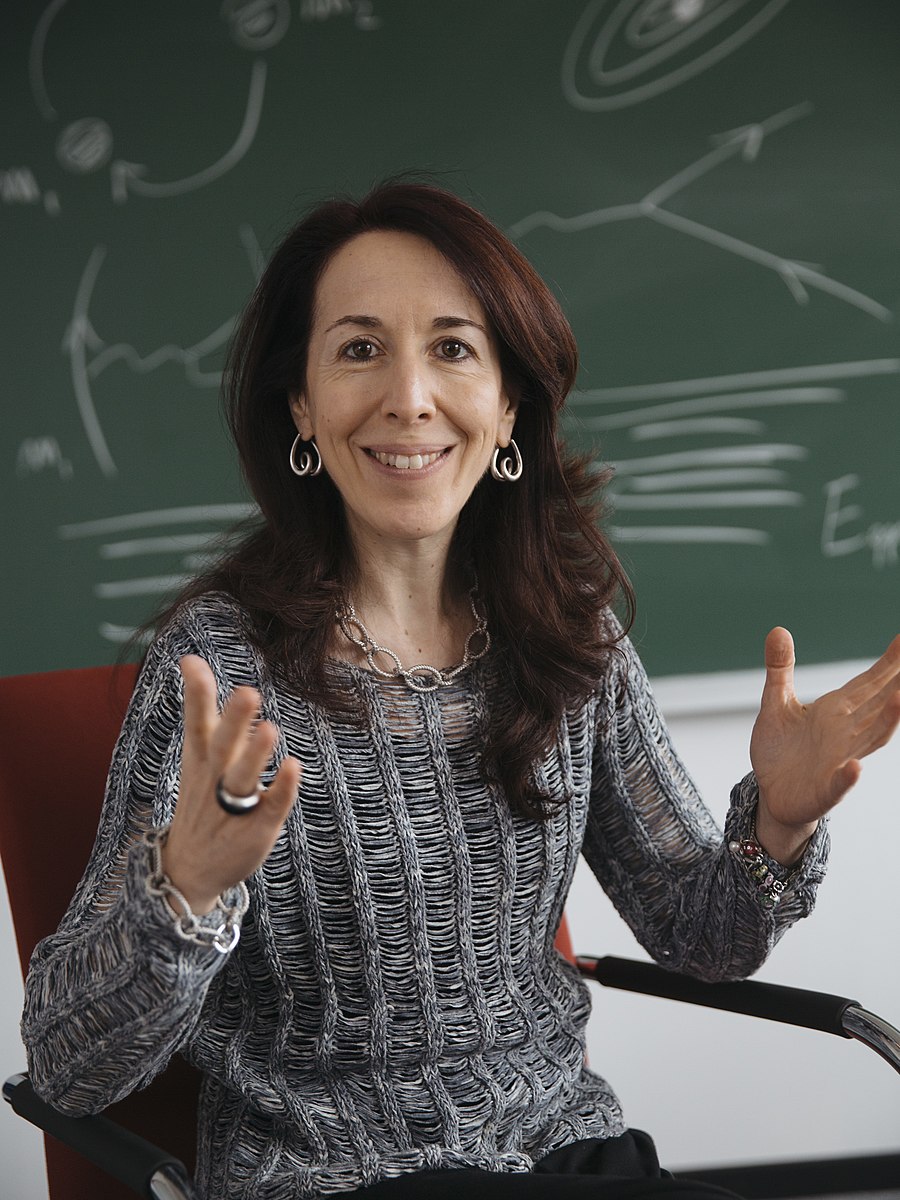
Prof. Graciela Gelmini
University of California Los AngelesProfessor Gelmini is a world-renowned expert in Astroparticle Physics. She has made significant contributions to the study of high-energy cosmic rays, neutrino physics, and the nature of cosmological dark matter. Her work includes the analysis of potential dark-matter particle candidates and their observation in direct detection experiments. She is a Fellow of American Physical Society, and an active member of Aspen Center for Physics where she serves as the Chair of the Committee for Participant Diversity. She is a professor at the University of California, Los Angeles (UCLA).
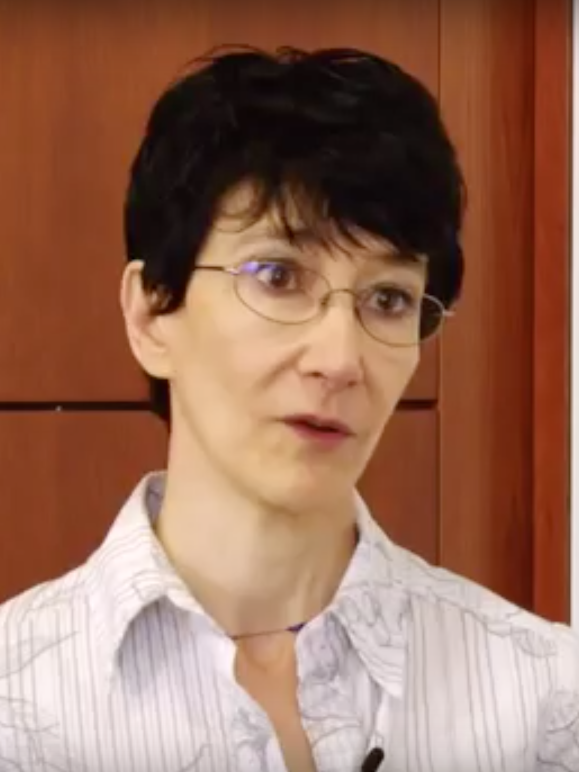
Prof. Luciano Maiani
University of Roma, La SapienzaProfessor Maiani is a world reference in Particle Physics, having made essential contributions such as the Glashow-Iliopoulos-Maiani (GIM) mechanism, which led to the prediction of the charm quark and was crucial for formulating the unification of electroweak interactions. He served as President of the Instituto Nazionale di Fisica Nucleare (INFN) in Italy from 1993 to 1998 and as Director-General at CERN from 1999 to 2003. He has been awarded several prestigious prizes, including the 1979 Matteucci Medal, the 1987 Sakurai Prize, and the 2007 Dirac Medal. In 2011, he was awarded the High Energy and Particle Physics Prize of the European Physical Society, and in 2015, he received the Pontecorvo Prize.
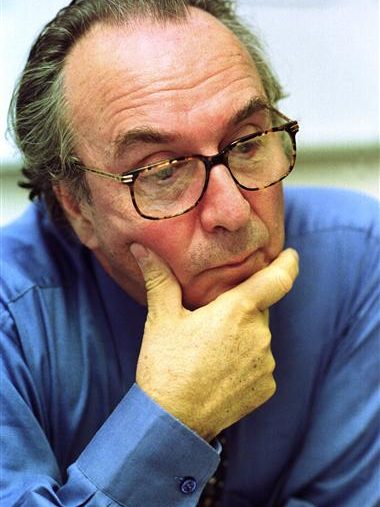
Prof. Michelangelo Mangano
CERNProfessor Mangano is a world-renowned researcher in Particle Physics, specialising in the interface between theory and experiment. His primary area of expertise is the dynamics of high-energy particle collisions, which are used to understand elementary particles and to search for and study fundamental interactions. As a member of the CDF experiment at FNAL in the years 1988-2001, he directly contributed to the discovery of the top quark in 1994. He is a senior physicist in the Theoretical Physics Group of CERN.
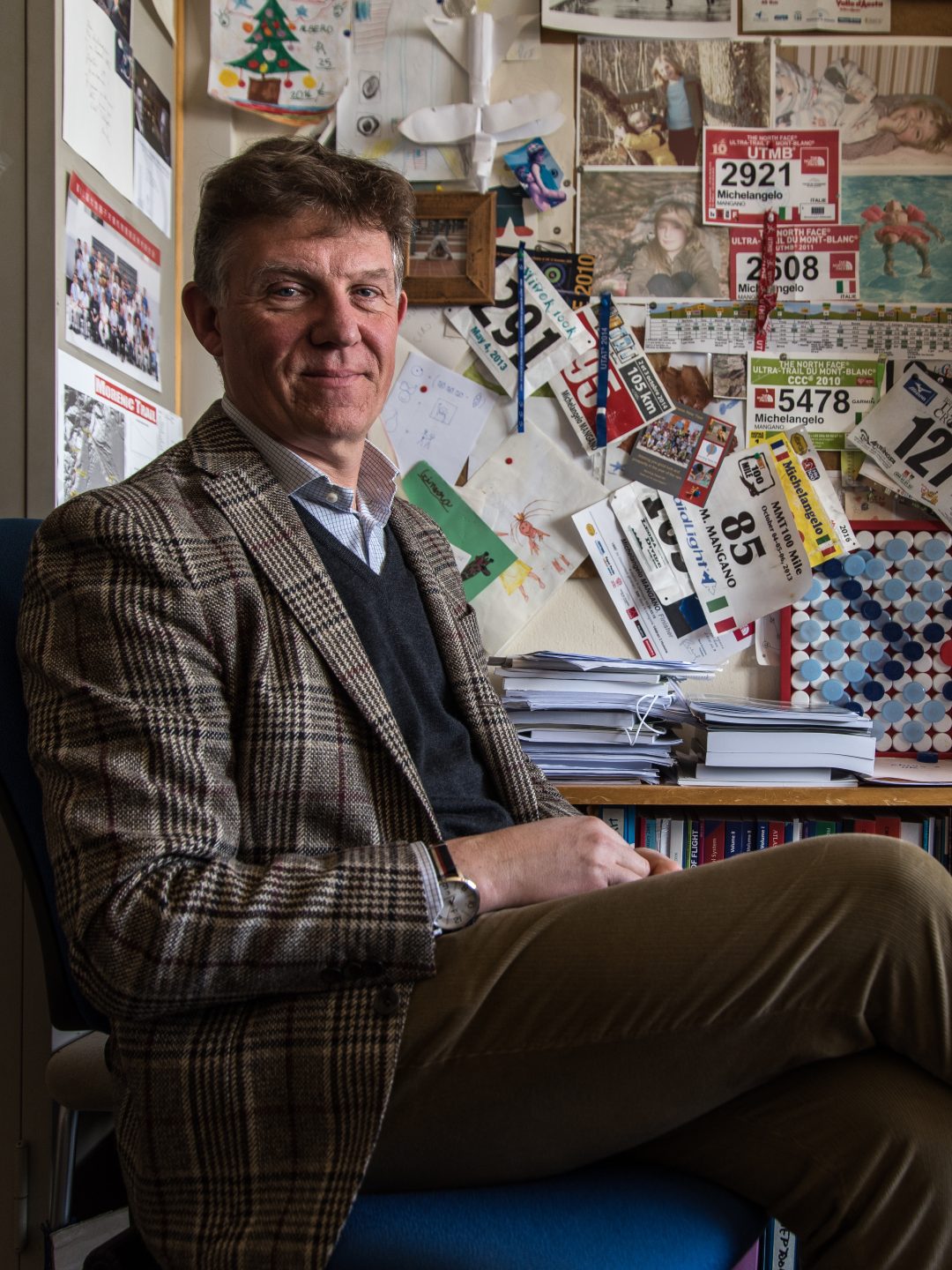
Prof. Fernando Quevedo
University of CambridgeProfessor Quevedo is a world-renowned expert in string theory and its potential phenomenological and cosmological implications. He has dedicated an important part of his career to the articulation of the international science system, including a long period as the director of the Abdus Salam International Centre for Theoretical Physics (ICTP) in Trieste. Among other recognitions, he has been awarded the Royal Society Wolfson Merit Award, the John Solomon Guggenheim Foundation Fellowship and the 1998 CIFT Award in High Energy Physics. He is professor at the Department of Applied Mathematics and Theoretical Physics at the University of Cambridge.
